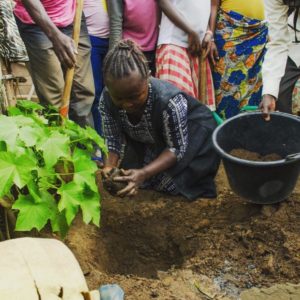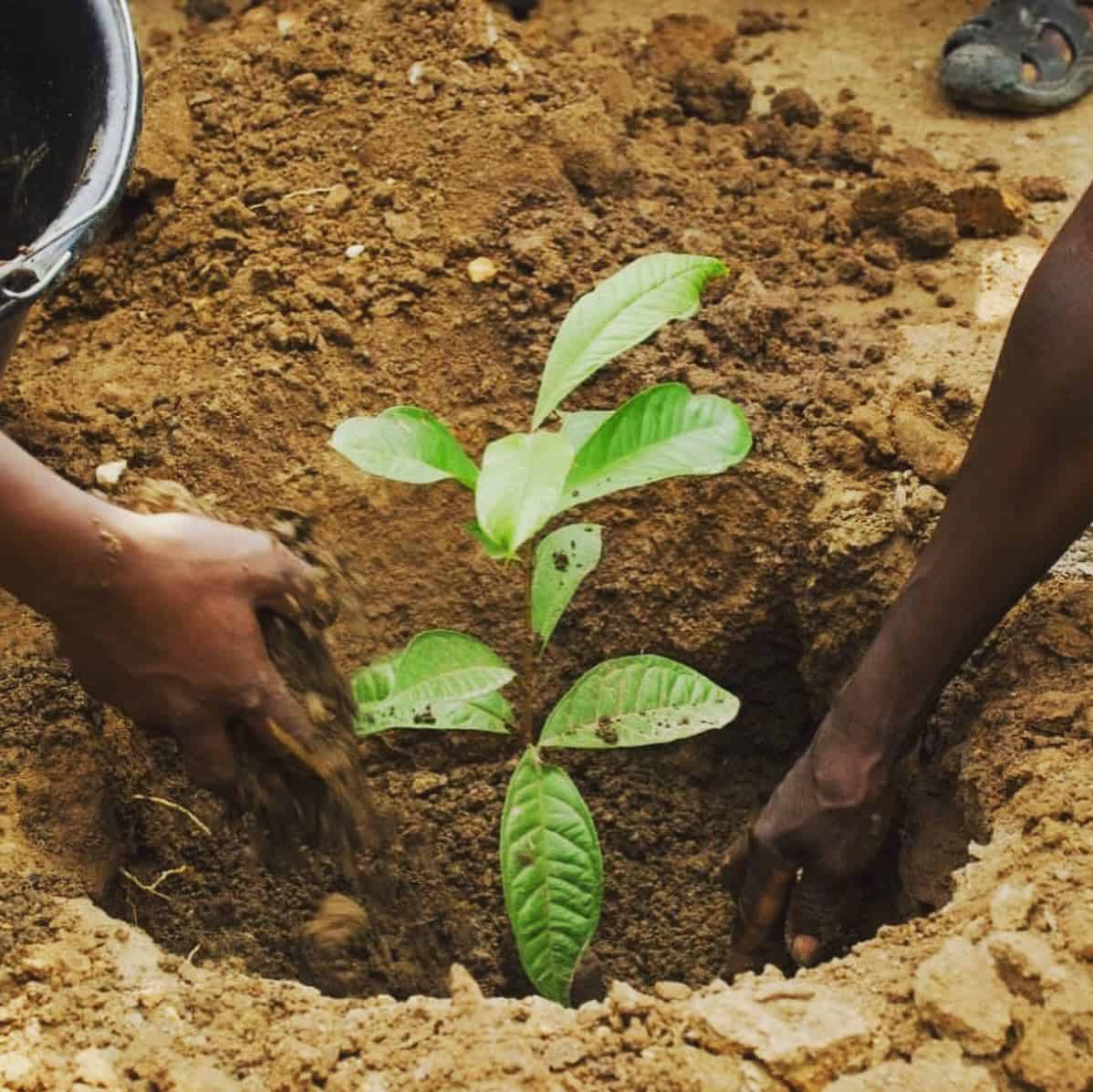At the beginning of the Ebola outbreak in Beni, Democratic Republic of Congo, accepting and coping with a whole range of social and cultural changes was devastating. People could not shake hands, hug, or touch one another. However, the hardest part of the Ebola outbreak for many people was the experience of “safe and dignified burials” – a protocol that denies families the chance to pay their last respects or say goodbye to their loved ones who died. One family shared: “How can you take someone’s father and bury him without the rest of the family around? These Ebola people are here to kill us.”
This sentiment of distrust and anger towards Ebola response teams resonated across the region.
The experts will tell you – and many of us know first hand – that grieving is a process and it starts with recognizing the loss. How do you grieve when you can’t see, touch, come close to or engage with your rituals? Not being able to grieve in familiar or traditional ways creates ambiguity and complicates the grief process for families. This was a unique kind of pain that we learned from the Ebola outbreak.
The Bethesda Counseling Center team discovered that grieving families did not actually “hate” Ebola response teams. Instead, grieving families were struggling with how to make sense and meaning out of such a terrifying situation happening right before their eyes. It is hard to reconcile such a harsh reality with the way life ought to be, let alone grieve the loss of a loved one.

An alternative ritual was needed. The tool that Bethesda used was called a letter of goodbye. This process allowed families to write, speak, or reflect in their own way about the deceased and gave them the opportunity to say what they wished to say to or about their loved ones. Many families reported positive physical, emotional, and spiritual changes after going through this session. In addition, they were given the opportunity to plant trees in memory of their loved ones.
“The goodbye session,” Masika said, “was the time I grieved my father in law. It felt like I had taken a heavy load off of my shoulders. I planted my flower so that the next generation will see what we went through.”
As we face COVID-19 and find the familiar taken away, this process can be essential for all of us to find a safe space to name and grieve any kind of loss we may experience. To look beyond the crisis is to grieve the loss we face in the crisis.


My wife Barb and I continue pray for your work and ministry.
We praise God for you and your family.
The lessons learned from the Ebola crisis, especially the grief letter of good bye giving individuals an opportunity to in a sense speak to their loss.
What an inspiring idea that we will be able to use here with our Nieces that never had the opportunity to say good bye to their Mother.
Thank you and blessings for your family and your work, Praise to our Almighty God.
Joe and Barb Brooks
Southbrook Church
Missions Action Team
Thank you Joe! We deeply appreciate your prayers for our work and ministry. I shared your comment with Noé Kasali, the director of Bethesda Counseling Center. We are so glad you found the article to be helpful for you and your family. Blessings